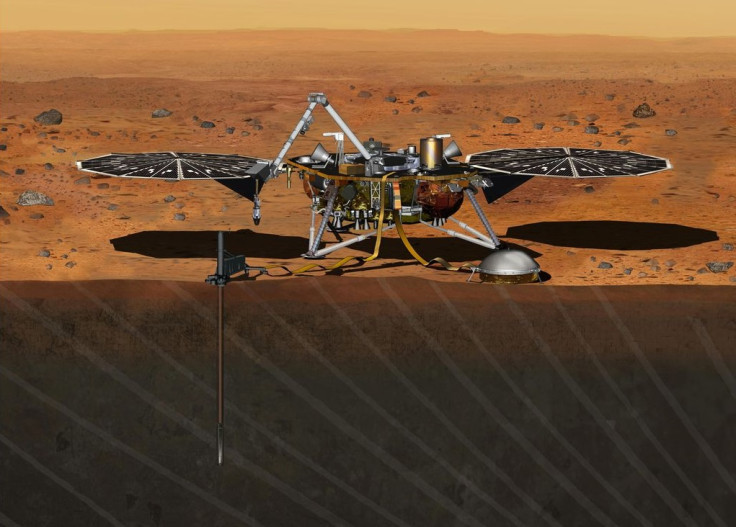Nasa suspends its next mission to Mars by up to two years because of leaky equipment

Nasa has suspended the launch of its next mission to Mars, due to take-off in March 2016, after they were unable to fix a leaky seismometer. The delay could mean that it will take another two years before the US space agency will be able to safely launch the probe.
The InSight spacecraft was due to take off between 4 – 30 March 2016 in a six-month trip to Mars where it would assess the planet's geology as well as other conditions on the Red Planet.
A seismometer is needed to monitor ground movements under the surface.
Nasa officials determined that they did not have the time to resolve the leak or properly test the French-made equipment before lift-off. The positions of Earth and Mars are most favourable for launching missions for only a few weeks every 26 months. For InSight, this could mean waiting until 2018.
John Grunsfeld, associate administrator for Nasa's Science Mission Directorate in Washington said: "We push the boundaries of space technology with our missions to enable science, but space exploration is unforgiving, and the bottom line is that we're not ready to launch in the 2016 window. A decision on a path forward will be made in the coming months, but one thing is clear: NASA remains fully committed to the scientific discovery and exploration of Mars."
The mission is also intended to monitor the temperature on the Red Planet, as well as the variations in its orbit around the sun. Nasa said that during testing on Monday 21 December in extreme cold temperature, the instrument failed to hold a vacuum.
The decision follows other unsuccessful attempts to repair a leak in a section of the instrument in the science payload.
Eventually Nasa want to send humans to Mars but at the moment robotic spacecraft are leading the way for NASA's Mars Exploration Program. In 2020 a new rover that is being designed and built, will join other rovers exploring the Martian surface.
The Odyssey and Mars Reconnaissance Orbiter spacecraft are currently orbiting the planet, along with the MAVEN orbiter, which recently helped scientists understand the Martian atmosphere.
Marc Pircher, Director of CNES's Toulouse Space Centre that built the seismometer, said: "It's the first time ever that such a sensitive instrument has been built. We were very close to succeeding, but an anomaly has occurred, which requires further investigation."
© Copyright IBTimes 2024. All rights reserved.






